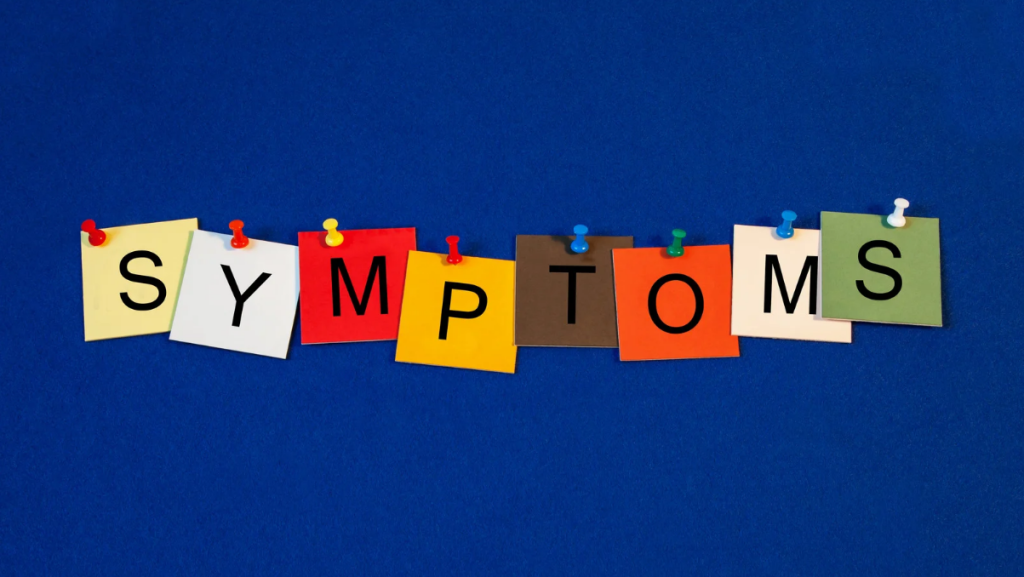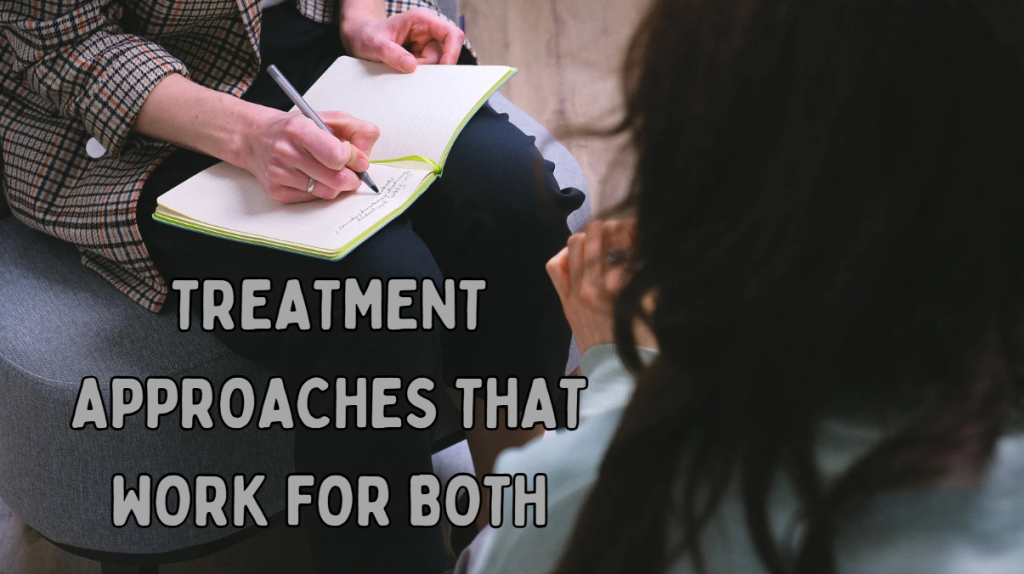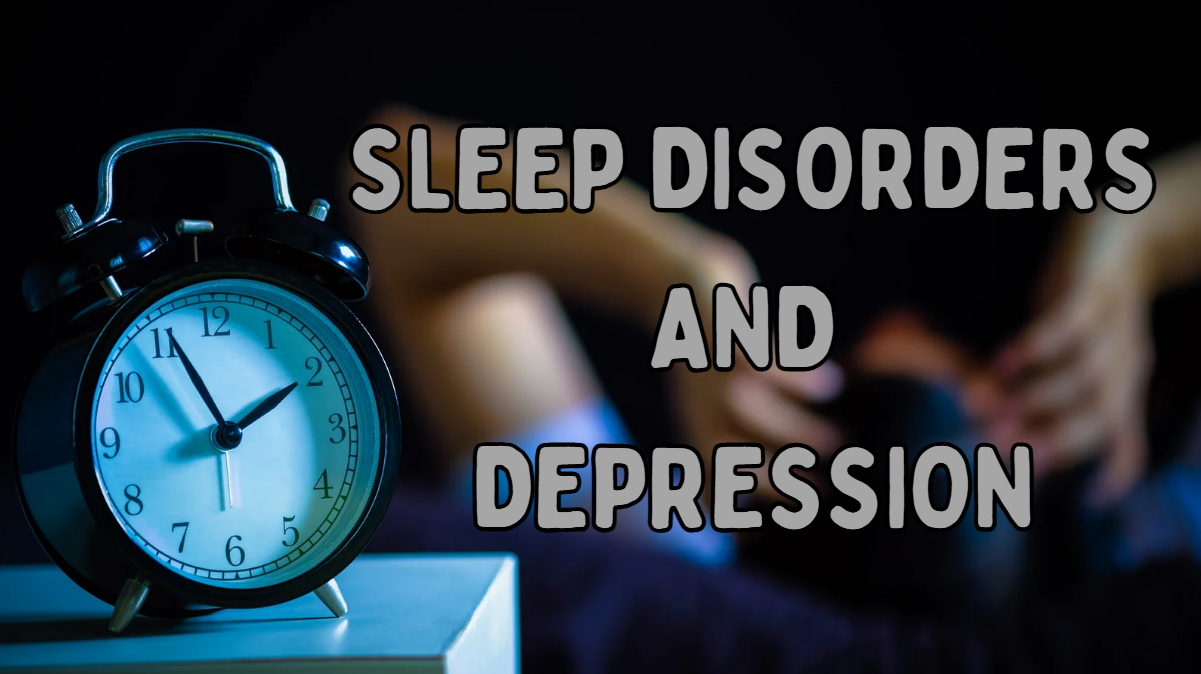Did you know that up to 75% of people with depression also experience significant sleep problems? Whether it’s lying awake at 3 a.m. or waking up exhausted no matter how long you sleep, the connection between sleep and mood runs deeper than most people realize. Unfortunately, these issues often go unnoticed—or are treated separately—leading to longer suffering and delayed recovery.
This article unpacks the powerful two-way link between sleep disorders and depression, how to recognize warning signs, what treatments actually work, and how primary care and mental health professionals can help you get back to sleeping—and living—well.
What You Need to Know About Sleep Disorders and Depression
Sleep and mood are closely intertwined, yet the connection between sleep disorders and depression is often overlooked. Knowing how these two conditions influence each other is the first step toward breaking the cycle and finding effective relief.
What are sleep disorders?
Sleep disorders are medical conditions that interfere with the body’s natural ability to fall asleep, stay asleep, or feel rested. Some of the most common include:
- Insomnia – trouble falling asleep or staying asleep
- Sleep apnea – breathing interruptions during sleep
- Restless legs syndrome (RLS) – uncomfortable leg sensations causing an urge to move
- Circadian rhythm disorders – misalignment of your body clock with day-night cycles
These aren’t just occasional bad nights—they’re persistent problems that impact daily functioning.
What is depression?
Depression is more than sadness. It’s a clinical condition marked by persistent low mood, hopelessness, loss of interest, and physical changes such as fatigue, appetite shifts, or sleep disturbance. Depression comes in different forms:
- Major Depressive Disorder (MDD)
- Persistent Depressive Disorder (dysthymia)
- Seasonal Affective Disorder (SAD)
Why are they often linked?
Sleep and mood are tightly connected in the brain. Regions like the hypothalamus and prefrontal cortex, which regulate sleep cycles, also control emotion. Neurotransmitters such as serotonin, melatonin, and cortisol affect both mental health and circadian rhythms. When one system is disrupted, the other often follows.
How Sleep Disorders Affect Depression — And Vice Versa

Sleep problems and depression feed off each other in a powerful cycle, where one condition often worsens the other over time.
Sleep problems as an early warning sign of depression
For many people, insomnia or excessive sleeping shows up before mood changes are even noticeable. Research shows insomnia doubles or triples the risk of developing depression, particularly in people under chronic stress.
Depression worsening sleep issues
Once depression takes hold, sleep often suffers more. Racing thoughts, emotional distress, and imbalanced stress hormones make it harder to fall asleep or stay asleep. Even if you sleep longer, the rest isn’t restorative, leaving you sluggish and irritable the next day.
The vicious cycle explained
- Step 1: Poor sleep alters REM cycles, which regulate mood and memory.
- Step 2: Emotional resilience drops, triggering anxiety, irritability, or deeper depression.
- Step 3: Worsened depression disrupts sleep further.
This feedback loop can become self-perpetuating, leading to chronic insomnia and recurrent depressive episodes unless both issues are addressed together.
Symptoms to Watch For: Are You Experiencing Both?

Recognizing when sleep problems and depression overlap can help you catch the issue early and get the right kind of support.
Overlapping signs
- Daytime fatigue or low energy
- Difficulty focusing or remembering things
- Irritability or mood swings
- Slowed thinking or reaction times
- Feeling unmotivated or withdrawn from social activities
- Increased mistakes at work or school due to poor concentration
- Emotional sensitivity or frequent frustration
- Headaches or general body aches without clear cause
Red flags for sleep disorders
- Taking more than 30 minutes to fall asleep regularly
- Waking up multiple times at night or too early in the morning
- Loud snoring, gasping, or choking during sleep
- Restless legs or involuntary movements before bedtime
- Feeling sleepy even after 8+ hours of rest
- Frequently relying on naps to get through the day
- Sudden jerks or twitches while drifting off to sleep
- Waking with a dry mouth, sore throat, or morning headaches
Red flags for depression
- Persistent sadness or emptiness for over two weeks
- Loss of interest in favorite activities
- Feelings of worthlessness or guilt
- Noticeable appetite or weight changes
- Feeling hopeless or pessimistic about the future
- Slowed speech, movements, or overall energy
- Thoughts of self-harm or that life isn’t worth living
- Sleep changes that don’t improve with better habits or routines
When to suspect a dual problem
If lifestyle changes don’t fix your sleep or mood symptoms that continue despite resting more, both conditions are likely involved. A combined problem is also suspected if insomnia lasts more than three weeks or if depressive symptoms feel worse at night or upon waking.
Diagnosis: How Professionals Identify the Link
A primary care provider is usually the first stop. They’ll ask about your sleep patterns, lifestyle, medications, and mental health history. Common tools include:
- Sleep history or sleep diaries to track bedtime routines and wake times
- Mental health questionnaires such as PHQ-9 to screen for depression
- Polysomnography (sleep study) to detect disorders like sleep apnea
- Epworth Sleepiness Scale to measure daytime sleepiness
It’s also essential to rule out physical contributors such as thyroid problems, vitamin deficiencies, or medication side effects. In many cases, your doctor will coordinate with psychiatrists or sleep specialists to ensure both conditions are addressed at the same time. This collaborative approach helps uncover underlying issues that might be missed when only one symptom is treated. By combining medical, psychological, and lifestyle perspectives, you’ll receive a more personalized and effective care plan.
Treatment Approaches That Work for Both

The best results happen when sleep and mood issues are treated simultaneously, rather than one at a time.
Lifestyle interventions
- Consistent sleep schedule: Going to bed and waking up at the same time every day stabilizes your circadian rhythm.
- Exercise: Physical activity improves both sleep quality and mood regulation.
- Diet adjustments: Limiting caffeine, nicotine, and alcohol reduces nighttime disruptions.
- Stress management: Breathing exercises, journaling, and yoga can quiet the nervous system before bedtime.
Therapies
- Cognitive Behavioral Therapy for Insomnia (CBT-I): Targets thought patterns that interfere with restful sleep.
- Talk therapy for depression (CBT, DBT, IPT): Restructures negative thinking and builds emotional resilience.
- Mindfulness and meditation: These lower cortisol levels, reduce racing thoughts, and improve sleep depth.
Medications
- Antidepressants: Some medications like SSRIs help mood but can either help or disrupt sleep depending on timing and dose.
- Sleep aids: Should be used sparingly and under supervision to avoid dependency.
- Combination approach: Doctors may adjust antidepressants or add sleep-supporting options when appropriate.
Integrated care matters
Primary care physicians play a central role by coordinating with mental health professionals and sleep specialists. Treating only insomnia or only depression often leaves patients stuck in the cycle. Addressing both together leads to faster, more lasting recovery.
Self-Help and Prevention: What You Can Do Now
Even before seeing a professional, there are steps you can take to support both your sleep and mental health:
- Keep a sleep diary: Note bedtime, wake-up time, night awakenings, and next-day mood to identify patterns.
- Create a calming bedtime routine: Meditation, gentle stretching, or reading helps your brain transition to rest mode.
- Limit screen exposure at night: Blue light delays melatonin release, making it harder to sleep.
- Watch your intake: Avoid caffeine after 2 p.m. and heavy meals before bedtime.
- Build a sleep-friendly environment: A cool, dark, and quiet bedroom promotes quality rest.
- Seek support early: If you notice mood changes along with poor sleep, don’t wait until symptoms are severe. Early action can prevent long-term complications.
When to Seek Professional Help

While self-care helps, certain situations require immediate medical evaluation:
- Mood symptoms lasting more than two weeks and interfering with daily life
- Sleep problems persist despite good sleep hygiene
- Suicidal thoughts, extreme fatigue, or severe insomnia are preventing you from functioning
- Snoring or breathing interruptions during sleep (may indicate sleep apnea)
Your primary care provider is an excellent first point of contact. They can provide initial screening, rule out physical causes, and refer you to psychiatrists or sleep specialists if needed.
Final Thoughts: Hope, Healing, and Better Rest
The connection between sleep disorders and depression is too important to ignore. Poor sleep isn’t just a nuisance, and depression isn’t just “feeling down.” Both are real medical issues that, when combined, can reinforce each other in harmful ways.
The good news? Both conditions are highly treatable. With the right mix of therapy, lifestyle changes, and medical support, you can restore healthy sleep, improve mood, and regain energy for daily life.Don’t wait until exhaustion and sadness feel “normal.” At Stay Healthy! LLC, our experienced team of primary care and mental health professionals is dedicated to uncovering the root causes of your symptoms and creating a personalized plan to help you heal. Known as a trusted provider in Tallahassee, Florida, we combine compassionate care with evidence-based solutions to support lasting recovery. Call us today at (850) 329-2932 to take the first step toward better nights, brighter mornings, and a healthier you.











